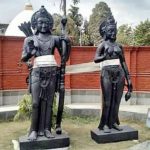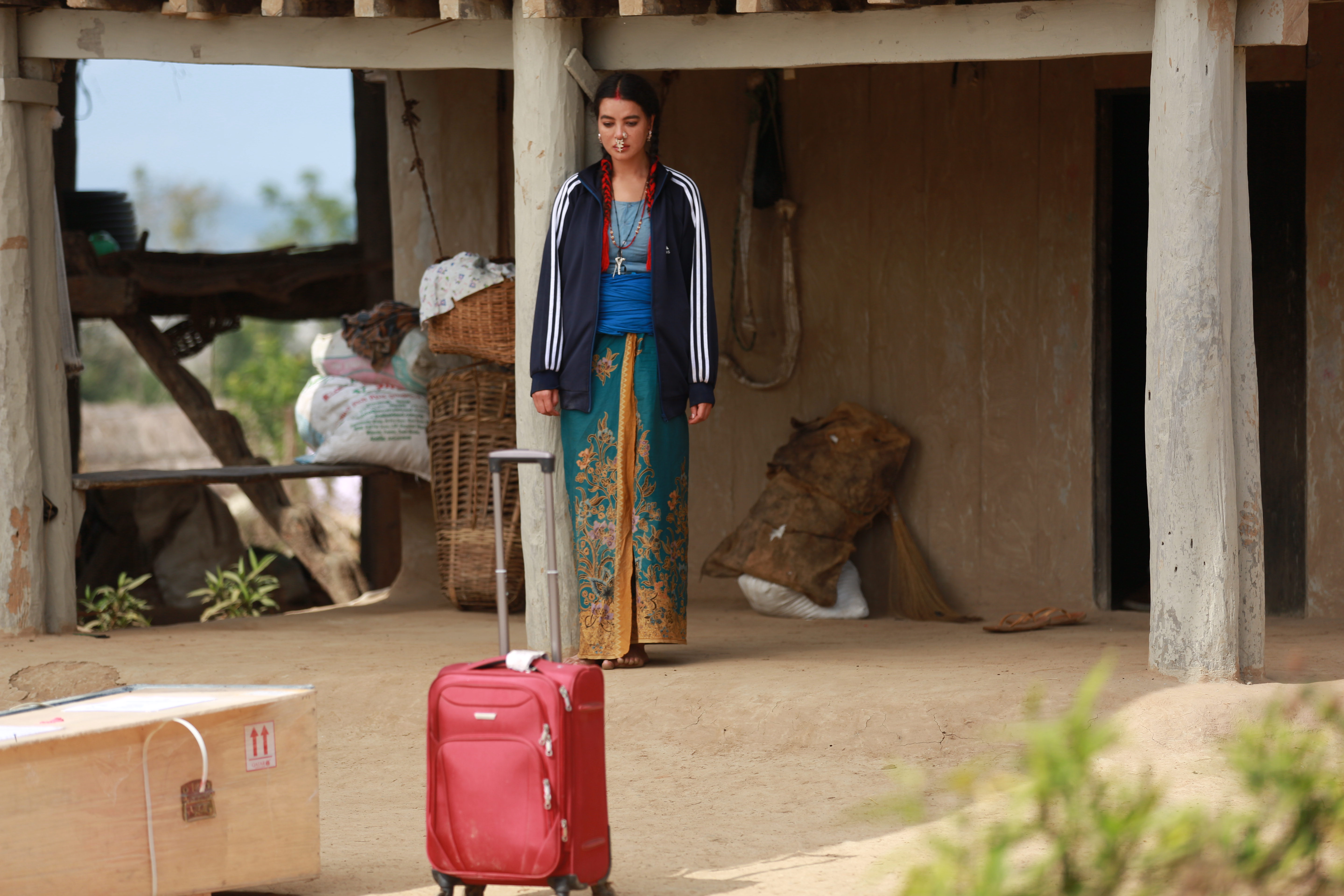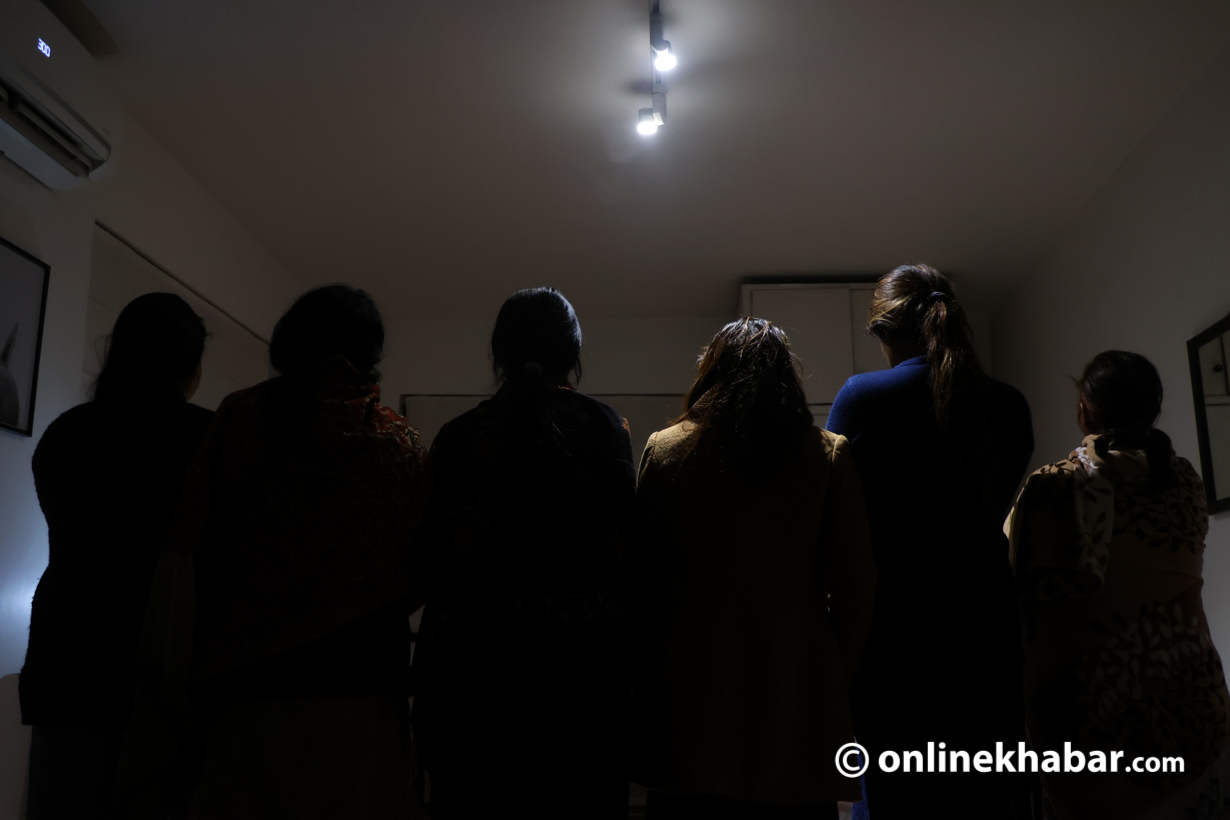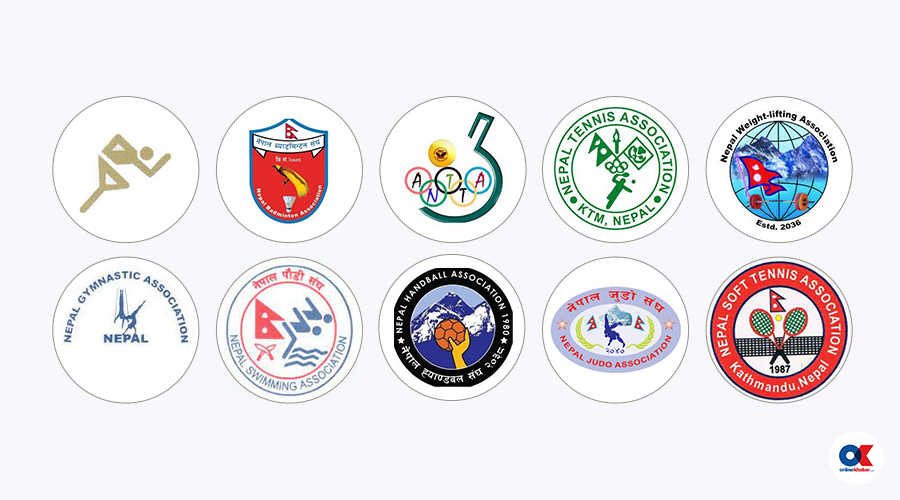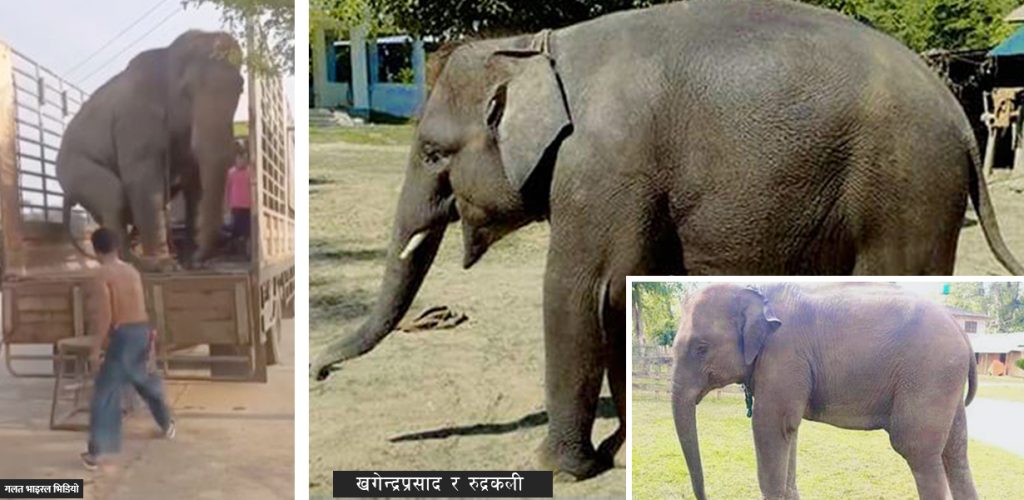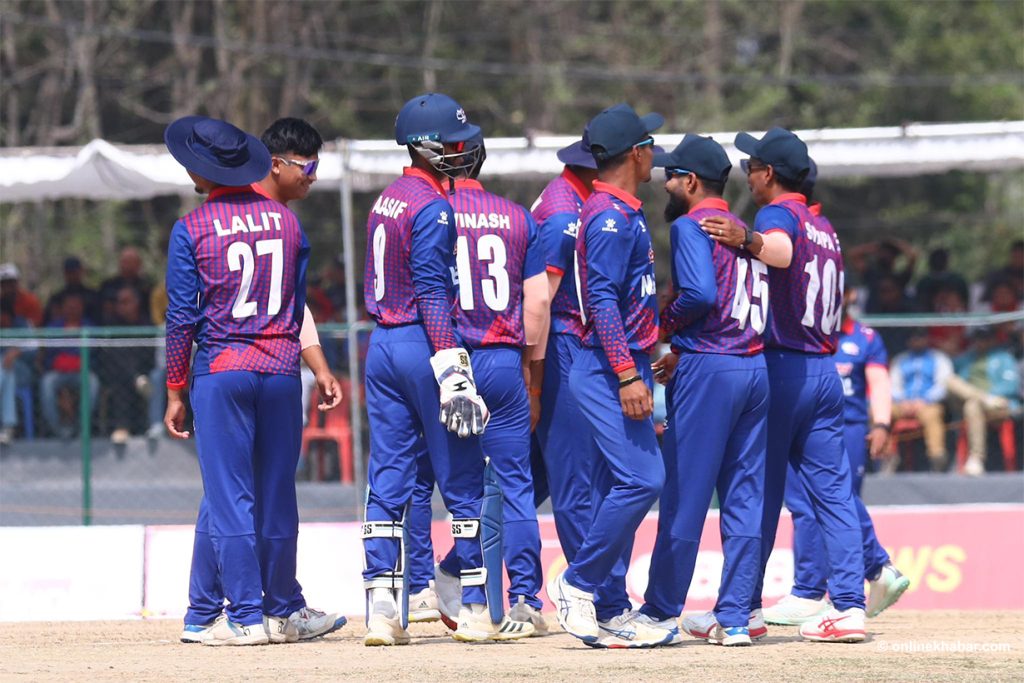
Sarina Prabasi, 45, has never been this busy. The CEO of a reputed nonprofit organisation takes care of two young daughters and runs three coffee shops in New York with her husband. She now wears the hat of an author.
This woman of Nepali origin has an incredible career trajectory that many aspire to follow.
On April 9, Tuesday, Sarina launched her book, The Coffeehouse Resistance: Brewing Hope in Desperate Times, at one of her coffee shops in New York City.
Organising an event in the middle of the week is always challenging; as people tend to go back home from work rather than attend events. It was a Tuesday evening, but Sarina seemed confident that her well-wishers would come and support her. And, they surely did.
More than 100 attended the event. Most of the attendees were local residents with a profound love for Sarina’s coffee shop, a hub for the local community members to engage with each other.
At the book launch, she read some excerpts of a chapter from her book where she talks about her marriage to an Ethiopian, Elias Gurmu. She read, “So begin the preparations for the only Ethiopian-Nepali wedding that we know of… We are married by an Ethiopian Orthodox priest and also have a simplified Hindu ceremony.”
The audience burst into laughter as she detailed more about her marriage. In this book, Prabasi shares her story from Nepal to Ethiopia, and finally settling down in New York City, where she along with her husband, runs three coffee shops.

“I think anyone who has ever left their home and moved to another place – even if it’s in the same country – will be able to relate to the book,” she said,” Anyone who has travelled or dreamt of travelling, anyone who is interested in activism.”
Childhood
Prabasi was born in the Netherlands in 1973. Her father, Satish, was teaching at the International Institute of Social Studies at The Hague. As a child, she grew up in India, China, and Nepal, as her father’s job took the family to several places.
When she was in the fifth grade, her family moved back to Nepal. She finished her high school from Lincoln School in Kathmandu. After that, she wanted to go abroad to study and expand her horizons. Interestingly, there were some pushbacks, she recalls.
“My immediate family was always very supportive and is still my champions,” she elaborates. “In 1990, when I was applying to colleges in the US, there were some extended family and family friends who questioned sending a daughter to study overseas. Wasn’t it foolish?”
She graduated from Smith College in Massachusetts with a Bachelor’s degree in Economics in 1995.
Career
After her graduation, Prabasi interned at a nonprofit, Action Against Hunger, in Washington, DC, in 1995 for about three months. Like many international students and new immigrants in the US, she remembers, she shared a house with five roommates those days.

“Now I look back on it, it was like one of the best times of my life,” she states.
She got her first job as a Programme Assistant at PACT, a nonprofit international development organisation in Washington, DC.
While working there, she took a year off to pursue her Master’s at School of Oriental and African Studies in London in 2003. “A Master’s degree is a basic requirement in my field. I felt if I wanted to progress in my career, I needed to do this,” she says. “However, that I had worked before getting my Master’s really helped me.”
Consequently, when she was nearing the completion of her Master’s degree, PACT offered her a job in Ethiopia as their Deputy Country Representative.
“I didn’t hesitate to say ‘yes’,” she says.
Then, in 2006, she was offered the role of Country Representative for Water Aid in Ethiopia.
Marriage
Prabasi met her future husband, Elias Gurmu, in Ethiopia. Elias was a successful entrepreneur in restaurants, taxi service, and pharmaceuticals. After knowing each other for five years, they got married in 2009. In 2010, their first daughter was born.
Sarina and Elias both were doing well in their professional careers, but something was bothering her.
“Despite all the pleasures of our privileged life in Adis Ababa, Ethiopia’s capital, there is no doubt that we live in a controlling and authoritarian political system. We are careful in sharing political opinions and criticising the ruling party or their decisions,” she writes in her book. “We love our life in Ethiopia, but we can’t ignore what is all around us.”
Thus, they decided to move to New York City.
New York life

It wasn’t an easy decision for both of them to move to NYC in their late thirties.
“It was a tough decision, but also we were both ready for a change and to try something new,” she says.
Neither of them had any jobs waiting for them when they went to the States in 2011, and they were surviving on their savings which was quickly evaporating. Sarina recalls these times in her book.
“I interview for jobs, I try to renew contact with old acquaintances, and I try to help my husband find his feet in this new city of millions,” she writes.”But there are days when it seems we have made a terrible mistake.”
“All the doors seem to be closed. We simply don’t have the network of close friends and family who could make introductions for us and connect us to the skills and resources we need.”
Thankfully, after a few months, Sarina landed a small consulting assignment with an international nonprofit. It was a temporary relief for her. It soon opened the way to the permanent relief. She was offered a job with Orbis International, a blindness-prevention organisation. Gradually, she moved on to become the CEO of WaterAid America in 2014.
Buunni Coffee
With her husband Elias’s entrepreneurial skills, the couple opened their first coffee shop in 2012 in New York City. They named it Buunni, which came from the word “bunni,” which translates to ‘brown’ in Ethiopian.
Their coffee shop became a hub for community activism, especially during the 2018 midterm elections.
At present, they are serving coffee in three locations in the city.
Book
When asked about how she thought of writing her book, The Coffeehouse Resistance: Brewing Hope in Desperate Times, Prabasi says, “My mom and I had been encouraging my dad to write a memoir of his life and I was helping him with that. His book will come out later this year, and in the process, I got inspired to write my own story, too.”
“I found that I really enjoy writing and I hope to continue,” she adds. In her own words, the book is about “building a community, claiming a home and fighting for American dreams.” “My journey has been one full of surprises, and not a straight and linear path,” she says. “I’ve also taken some big risks, and believe in knowing when it is time to leave a role.”








